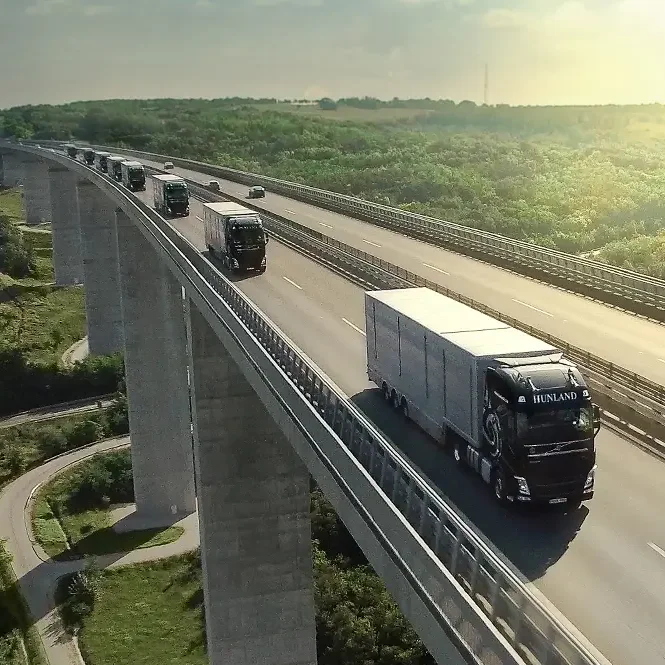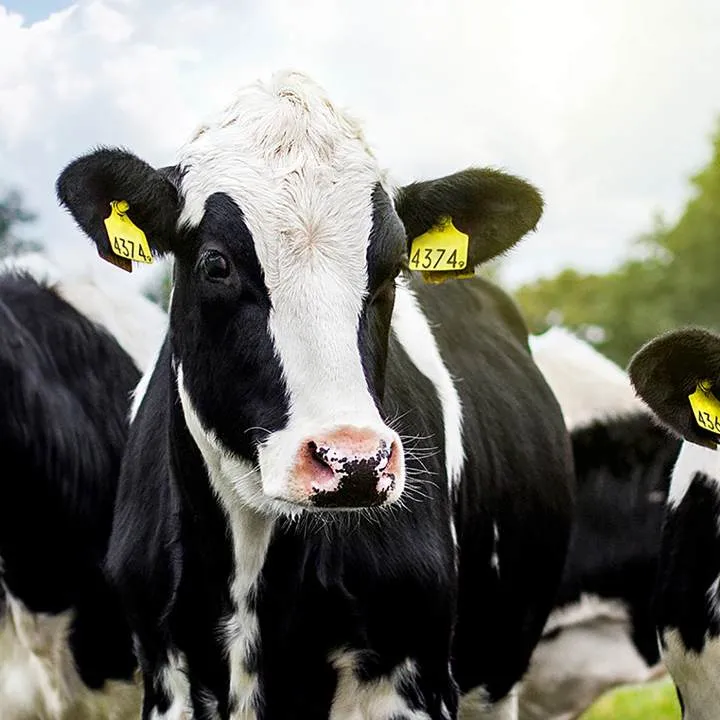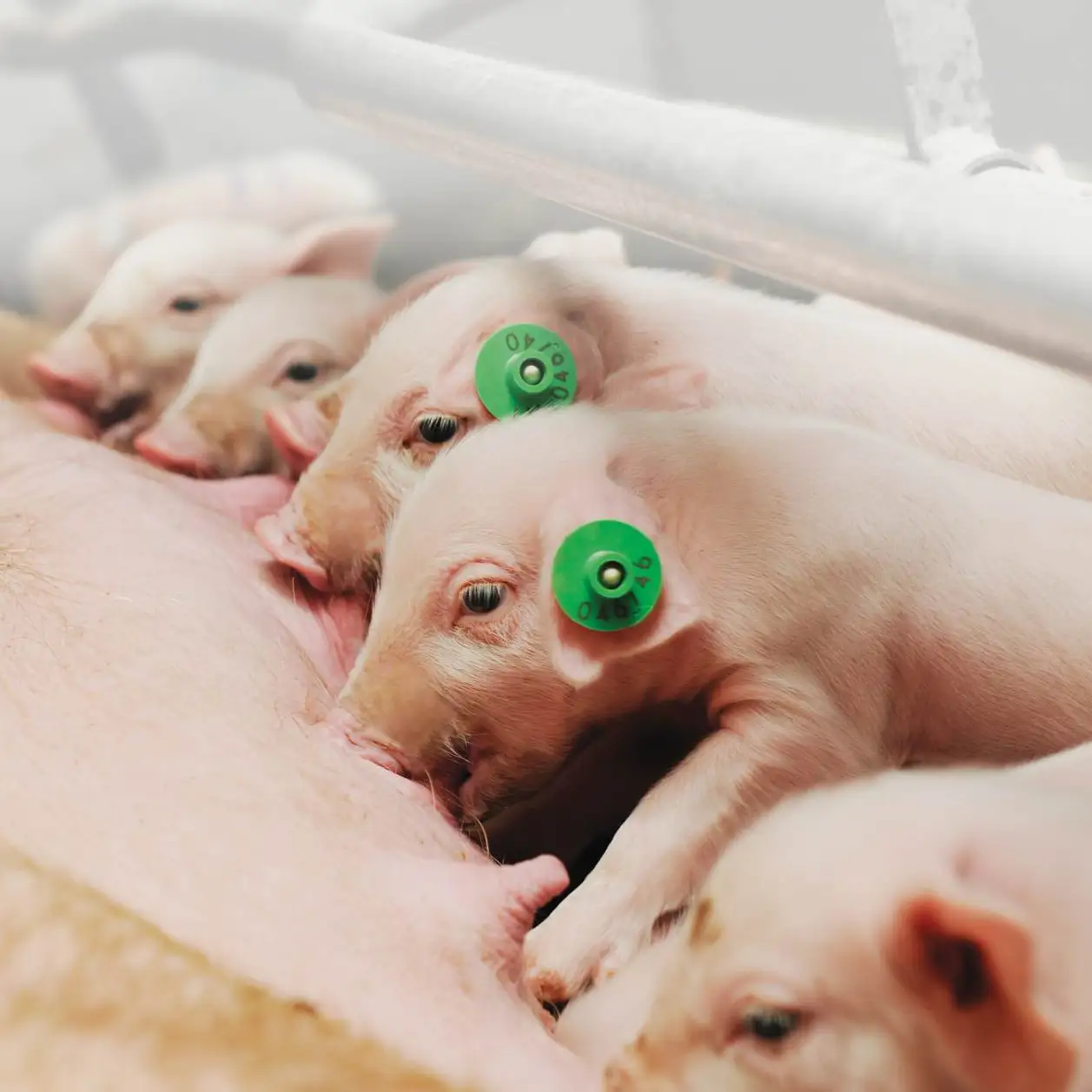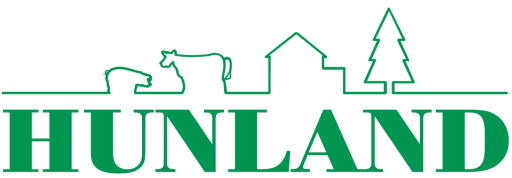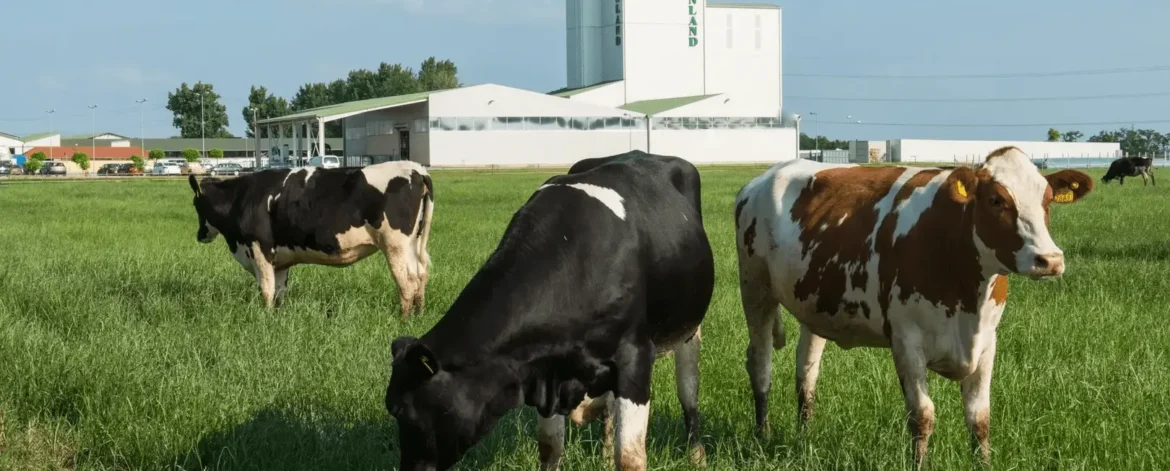Vertically integrated business model for sustainable livestock trade
High-quality livestock trading and animal husbandry starts with high-quality feed, continues with the utmost respect for our colleagues and animals, and grows with partnerships based on trust.
In this article, Erika Mata, Hunland’s Commercial Director, shows us how Hunland has grown over the past 30 years and how to operate sustainably in the world of livestock trading and animal husbandry.
Livestock trading and animal husbandry are activities that are divisive topics in a world where sustainability and animal welfare are central questions.
There are two key questions to ask ourselves with every action and decision made:
1. Are we providing the highest possible quality?
2. Is the process and the lifecycle sustainable in the long term?
The business model we follow at Hunland is built around and keeps evolving with these two main questions in mind.
What is a vertically integrated business model?
At Hunland we have developed a business model where the three pillars of our company work together complementing each other. Our main pillar and core business is trading, which is complemented and supported by logistics and production. This enables us to bring livestock trading to an even higher level, that is sustainable in the long run.
Continuously improving the process and quality of livestock trading
Trade accounts for 80% of our business. Livestock trading has been the main driving force of our family business, which has been in running successfully for 30 years. With our continuous presence and development in the industry, Hunland has become a global player in the livestock trading arena. We have partners in more than 40 countries, we export 40-50% of Hungary’s sheep and cattle to the EU and to third world countries, and trade one and a half million pigs annually. We strive for the highest quality and we never lose focus. Thankfully, our approach is spreading, and the farmers from whom we buy cattle, pigs and sheep – in small or large quantities – just like us, they also focus on quality and keep their animals with the highest standards.
We work in close partnership with these farmers, providing them with advice, knowledge and high-quality feed to support their daily operations.
All ‘Hunland’ animals that pass through the hands of our staff, whether they come into our animal collection facilities or into our care, are prepared, i.e. brought to the ideal health state, and to the needs of the animal purchaser. This is how they are passed on for export, for domestic market or remain with us for fattening. A clean environment, humane treatment and quality husbandry ensure the well-being of our animals. The fact that our animals are doing well, equals to the satisfaction of our trading partners. Continuous quality ensures sustainability and satisfaction.
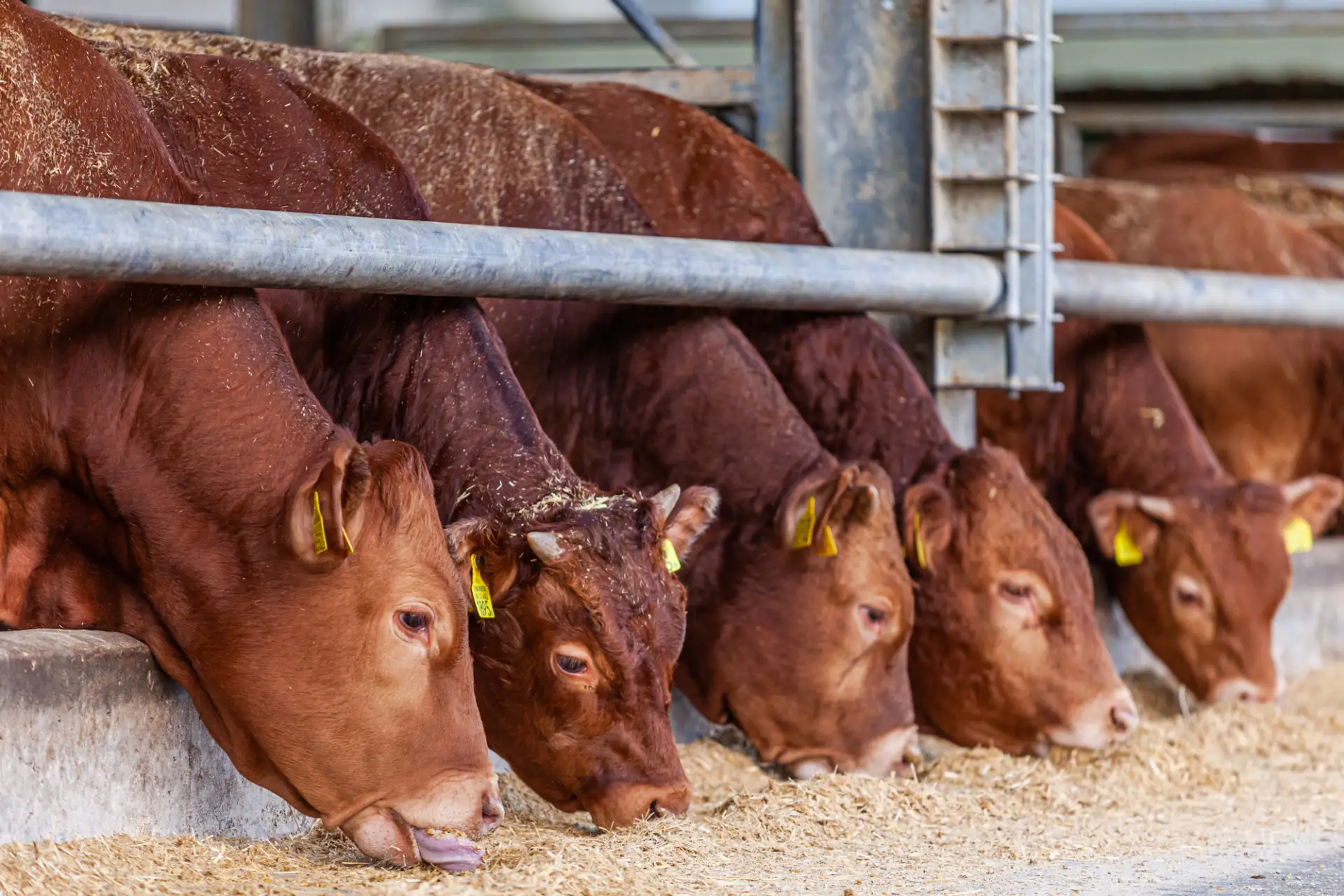
Leading the way with sustainably processes and quality
Thanks to our success in livestock trade and the need for well-kept animals, it was almost a given fact that we would expand our activities into production. Our 35,000 capacity fattening cattle farms, 20,000 capacity lamb farms and 3 dairy cow farms have been able to grow to this size because of the ever-increasing quality. Thanks to the integration of pigs, which we started just over a year ago, we now have the capacity for more than 50,000 pigs and we have just built a 4,200 capacity, technologically advanced, two-storey sow farm. Here we will be supporting pig breeding in Hungary with 120,000 piglets per year.
With our continued growth, there was a need to bring feeding in-house. Following the expansion of our territory, we started growing crops of the right quality on our own land. The construction of a feed factory made the livestock and animal production business complete and most of all sustainable. An expandable cycle had been created, where the increasing number of animals created the need for more feed and thus the need for territorial growth. This spiralling expansion can only be sustained if it is carried out with the highest intent for quality and sustainability. Our ongoing and future research, development and investments are also guided by this approach, thus extending and deepening this sustainable integration process.
We get from A to B!
A key element of our commercial activity is transport and logistics, to physically transport feed and animals from A to B, from the farmer to the Hunland site or from us to the other side of the world. Hunland’s logistics department was born out of our need for special vehicles and skilled people for livestock trade and transport. We pay great attention to material development and innovation!
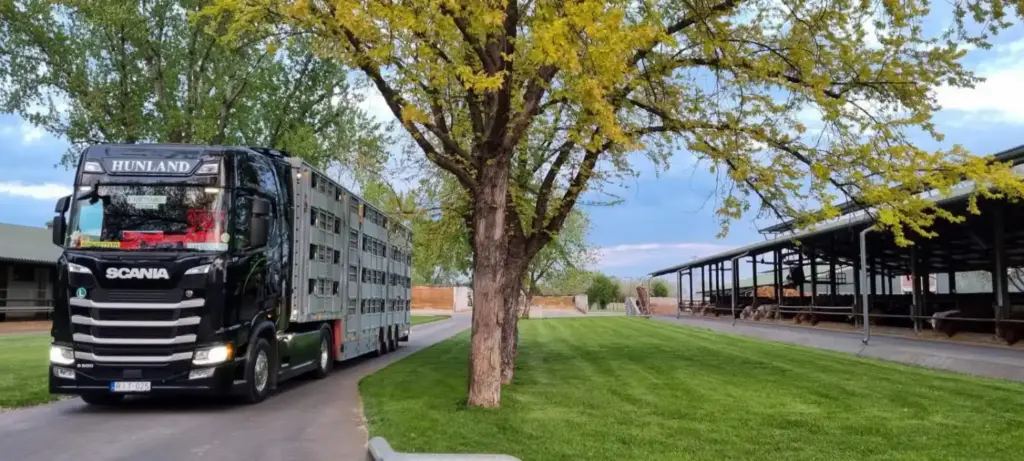
The key to an integrated business model:
Trust-based approach to our partners
Livestock trading, our company and our two main questions – quality and sustainability – are based on an even more important value: trust and partnership. This approach permeates Hunland and creates a sense of family and directness.
There is also a 3rd question to ask yourself and your business if you want to operate in the world of livestock trade, animal husbandry or agriculture for the long term:
